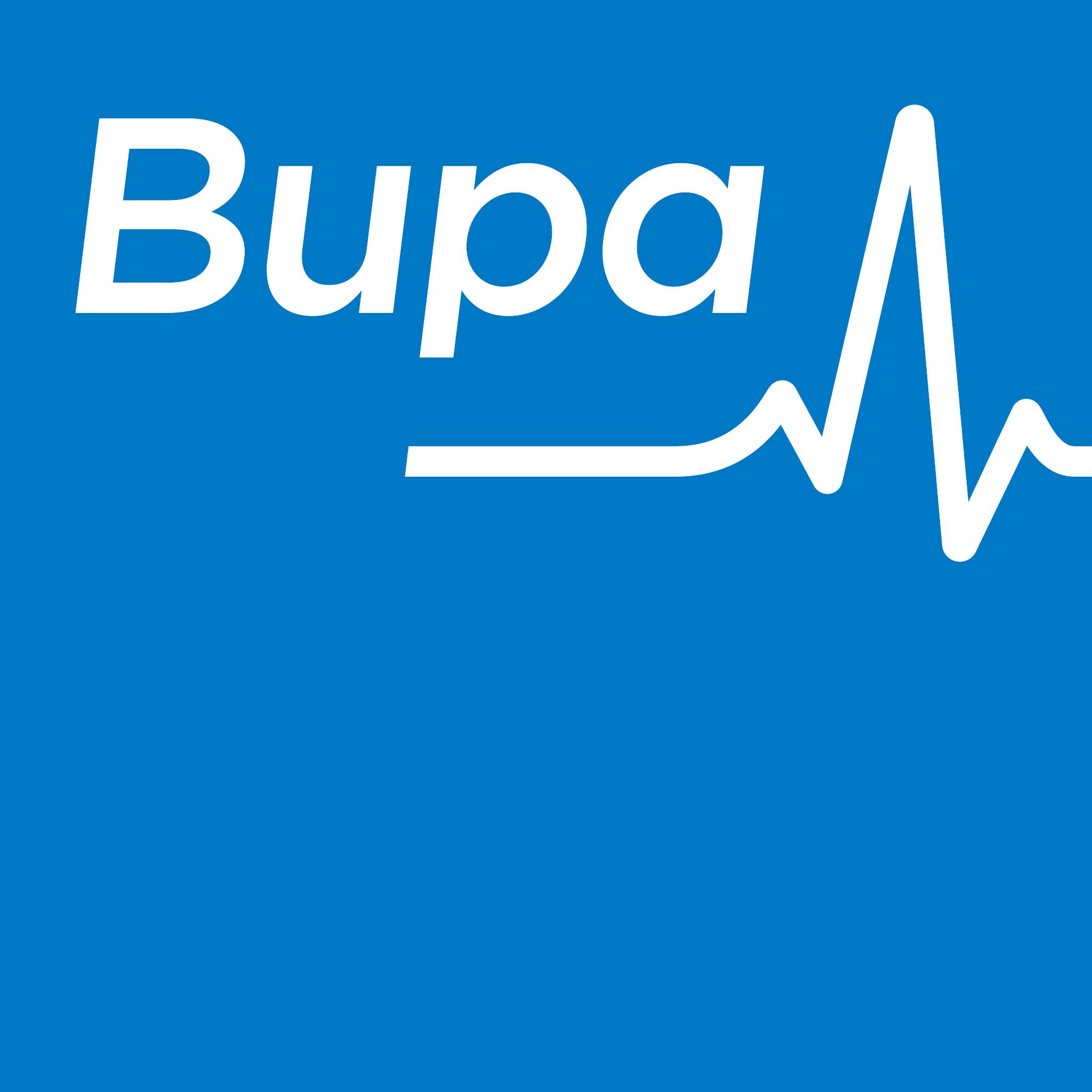The ScamBurger – Cybercrime is Never Just One Bite

The Cyber Sushi
(serving up the cold facts, with some phish bytes)
Welcome back! Here's what we are covering in this issue:
- The ScamBurger. Cybercrime is Never Just One Bite
- The Warning Signs of Scam Grooming - Join the Study
- In Their Words: IDCARE Client Stories
- Behind the Mask: New and Trending Scams
- Ask Dr Lacey - "Which is safer, using the internet via the home landline or transmitting it via mobile"

The ScamBurger – Cybercrime is Never Just One Bite
Most people think of scams in isolation: “I lost money from my bank” or “my Facebook got hacked.” But cybercrime is rarely a single event. From the 2000 calls IDCARE receives each week, we know scams come as a full menu, with sides and extra criminals add on.
Here are some items from the Cybercrime Café menu:
🍔 The Email Compromise Burger
Email isn’t just email – it’s the key to everything else. Criminals use it to:
- Access two-factor codes to reset login passwords for other accounts
- Hide and send false invoices
- Mine old emails for IDs like driver licences and passports used to open accounts and loans in your name
🍔 The Social Media Burger
Losing your Facebook account is bad enough. But criminals often:
- Scam your friends pretending to be you sending malicious links or suggesting your friends invest in bogus crypto schemes
- Access other linked accounts such as pay to view TV
- Drain business credit cards used for advertising, funding scam posts
🍔 The Bank Burger with an Identity Slider
In 31% of cases reported to IDCARE, a bank account hack comes with driver licence theft. That means not just stolen funds, but new loans and credit lines opened in your name.
Bottom line: Scams are rarely a single snack. They’re a combo meal – and the sides can be worse than the main.
IDCARE's analysts have prepared a comprehensive report for our subscribers on the co-occuring compromise of scams in the "Cybercrime Cafe" which explores this topic in detail. If you are interested in purchasing a copy, please email [email protected].

The Warning Signs of Scam Grooming - Join the Study
The University of Sydney, in collaboration with our team at IDCARE, are conducting a research study to identify the warning signs of grooming in scam victims.
Online grooming is when a scammer uses manipulative techniques to build trust and rapport, for the sole purpose of swindling people out of large sums of money.
To stop this from happening, we want to hear from our IDCARE community.
If you are over the age of 18, and are a family member, friend, carer or support worker who has known someone to be scammed online, we would like to hear from you.
What will you do?
Complete an anonymous, 10-minute online survey with the option of participating in a research interview with a member of our team.
Why participate?
If we can start seeing a trend or pattern in people’s behaviours as they become involved in a scam, then we can create a safety assessment tool. This tool can be used by the public, industry professionals, and counsellors to determine if someone is at ‘high risk’ of being scammed. Steps on what to do next, including information on services, conversation tools on ‘how to intervene’, and referral pathways, can then be provided to those seeking help.
Keen to help?
Complete the survey here: https://sydney.au1.qualtrics.com/jfe/form/SV_e8JhhOy75QuhaMC
The survey begins with a detailed information sheet and consent form that you must complete before proceeding.
This project has ethics approval by the University of Sydney: 2024/HE001331

Online Dating Dilemmas
Real Story: My son entered the online dating world. He was scammed
My son has recently been in the online dating world. We have MANY conversations at home about warning signs of relationship scams. In spite of this, he engaged with a scammer who posed as a girl living in our neighbourhood. This was attractive to him as he wanted to meet someone who lived nearby.
Even with our conversations about scams occurring regularly in our home, he didn't see the signs. He doesn't share too many details however, I was curious and asked about when he and this girl were to meet, and this opened him up to share he had a strange message about investing. For me, instantly I knew what was going on and had to tread lightly because he was already so invested. Through gentle probing, he shared some images, and with a quick reverse image search I found the real profile of a girl with a different name, living overseas.
Seeing first hand the emotional impact, this was really hard to witness as a parent. Luckily for him, he learnt what was going on before it went too far, however the emotional impact on him and his decline in trust levels were confronting.Behind the mask: The Guide to New and Trending Scams
📱Fake Android apps giving criminals control of your phone
Criminals are targeting active, older Australians through Facebook groups, moving members into WhatsApp and pushing them to download a fake “senior community app.” It secretly gives criminals control of Android phones.
The malware can:
📩 Read/send texts | 📞 Redirect calls | 🎥 Spy with camera/mic | 📍 Track location
Our tips:
✔️ Only download apps from the Google Play or Apple App Store
✔️ Be cautious if asked to move from a Facebook group to a WhatsApp chat
🏛️ QR Code Scams at famous landmarks and museums
An IDCARE client at the Louvre Museum in Paris scanned a QR code from someone in uniform she thought was an official. It led to a fake ticket site where she provided her details. Her bank account was drained.
Our tips:
✔️ Type official website addresses directly into your browser
✔️ Check the URL before entering payment details
👗The scam targeting Depop sellers
Depop is one of the most popular apps for buying and selling second-hand fashion, especially with younger Australians. But scammers are taking advantage. Since 1 July, IDCARE has supported more than 30 people targeted in Depop impersonation scams. More than half were under 25.
How the scam works:
- A scammer pretends to be a buyer on Depop.
- They may ask the seller to move the chat to Instagram or WhatsApp.
- They may send a fake “payment” link that looks like Depop.
- The link leads to a false site requesting banking logins, card details, or even driver licence scans.
Our Tips:
- Keep all messages and payments inside the Depop app.
- Don’t open payment links sent via Instagram, WhatsApp, or text.
- Report suspicious buyers directly to Depop.

Ask Dr Lacey: "Which is safer, using the internet via the home landline or transmitting it via mobile (which is over the airwaves)?"
Have a Scam, Identity, or Cyber-Related Question? Ask Dr. David Lacey!
Having dealt with countless cases of scams, identity theft, and cybercrime, Dr. David Lacey is one of Australia’s most respected experts in the field. He is highly sought after by both government and industry for his unique insights into the online criminal environment. In this edition of The Cyber Sushi, Dr. Lacey is inviting you to submit your questions – and we (the Cyber Sushi team) will answer them. Send your questions to [email protected].
Our question today comes from Adrian
Hi Dr Lacey,
Is information transmitted on the internet via home landline more secure than transmitting it via mobile (because landline is not being transmitted over the airwaves)?
Answer:
Hi Adrian,
That's a great question. Thank you. It is a common belief that a landline is safer because it uses wires instead of airwaves, but the truth is actually a lot more complex. Let's unpack it.
Landline internet (such as NBN over copper or fibre) delivers data through a physical cable, which avoids wireless interception. BUT, once your data leaves your home router, it still travels across the public internet where the same risks apply.
Mobile internet (4G/5G), on the other hand, transmits data wirelessly, which would seem to make it more vulnerable. However, it is heavily encrypted. Modern mobile networks use strong cryptography, making it extremely difficult for criminals to intercept traffic.
At the end of the day, the real difference comes down to how you use the internet. Most attacks today don’t happen “in the air” or “on the wire”, they target the user through phishing links, malicious apps, weak passwords, or unsecured Wi-Fi.
In short, it makes little difference whether you’re on landline or mobile, your security depends on safe practices.
Kind regards,
The Cyber Sushi Team.
Join the global list of organisations making a real difference in people’s lives by supporting our service.






















































Copyright © 2025, IDCARE. All Rights Reserved.
ABN 84 164 038 966








